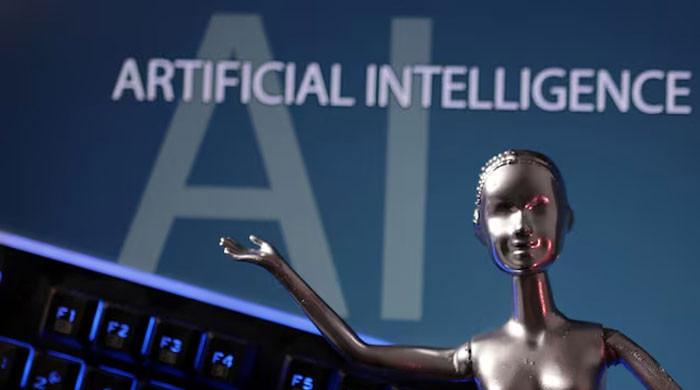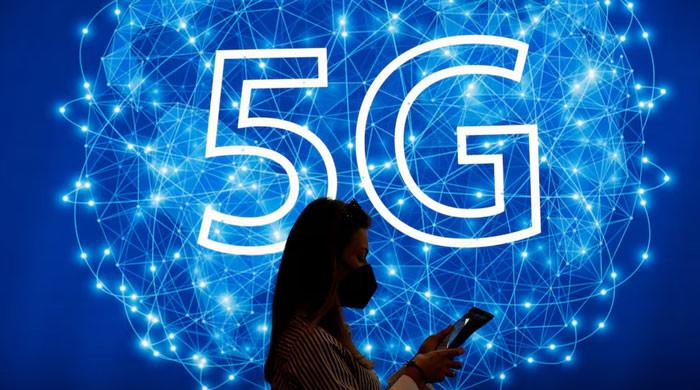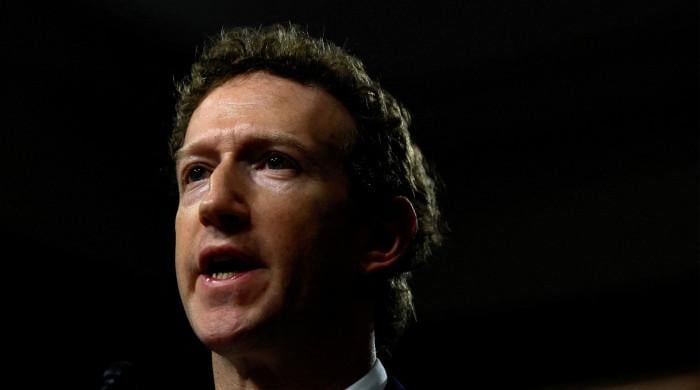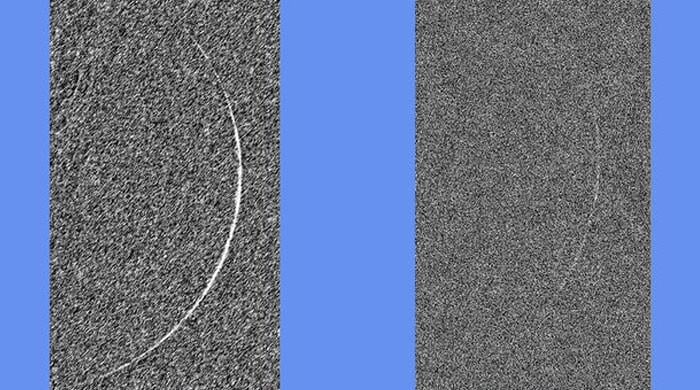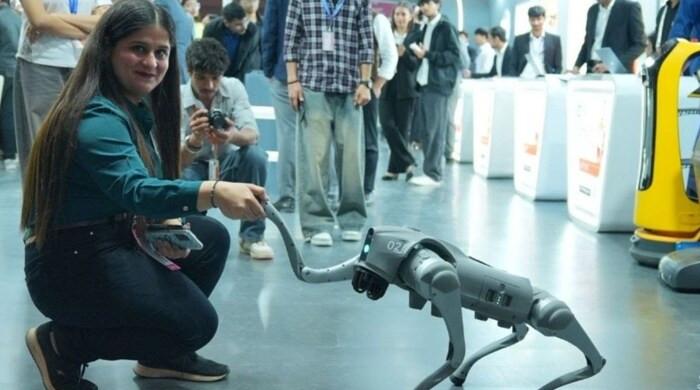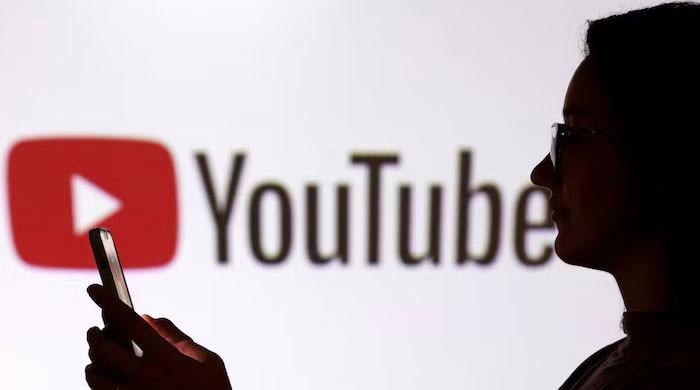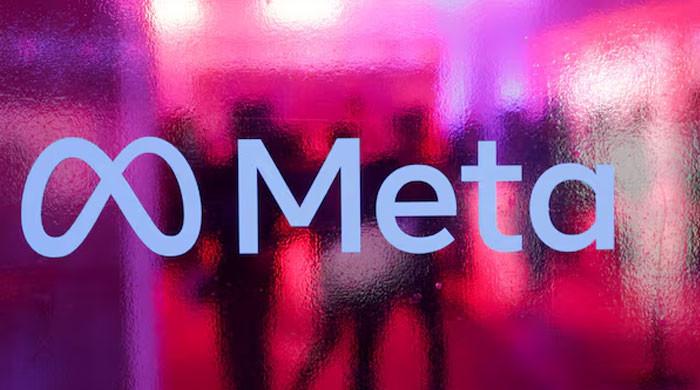Getting glasses to watch total solar eclipse? Try this eye test to avoid fake ones
Total solar eclipse will occur on April 8 this year
March 24, 2024
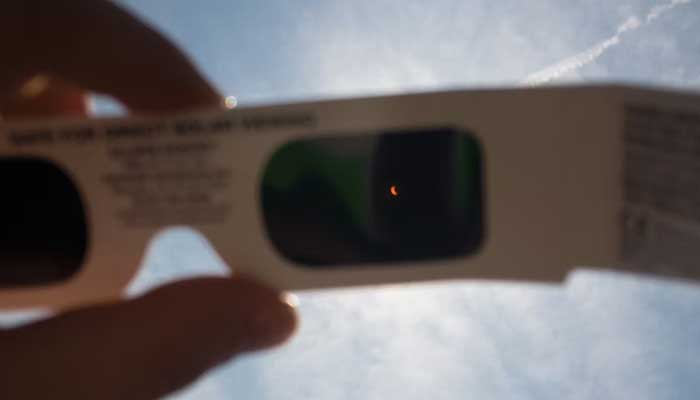
The world is looking forward to witness this year's first total solar eclipse on April 8 but according to reports, vendors have been selling fake eclipse glasses.
According to experts, while getting ready for this year's eclipse, people must make sure to take good care of their eyes and stay alert for fake eclipse glasses being sold across the US.
To fully experience the solar eclipse, it is necessary to stare directly at the sun which can be detrimental to eye health.
However, solar eclipse glasses have been designed to block out the most harmful parts of the solar spectrum for the sake of human eye health.
Fake eclipse glasses don't do anything to protect your eyes from the sun. So, if you're viewing the eclipse in any capacity this year, try this eyeglasses test to make sure that your eyes are really being protected.
Eclipse glasses eye test
If your pair of eclipse glasses appears dark, that's a good starting point as they should only allow you to see the sun or a brighter object through them.
Try testing the glasses on something as bright as the sun which, according to the American Astronomical Society (AAS) can be done with the help of a mirror or a shiny metal object.
The AAS recommends using sunlight reflected off a mirror to test the glasses, while bright-white LEDs like phone flashlight or a bare lightbulbs can be used when the sun is behind clouds.
A safe pair of eclipse glasses should appear dimly reflecting sunlight or bright artificial light. If you can see light behind a lamp shade or soft bulb through the glasses, they aren't strong enough to safely stare at the sun.
The AAS states that safe solar eclipse glasses should make the sun appear comfortably bright, similar to the full moon, and if they are uncomfortable, it suggests the glasses may not be legitimate.




